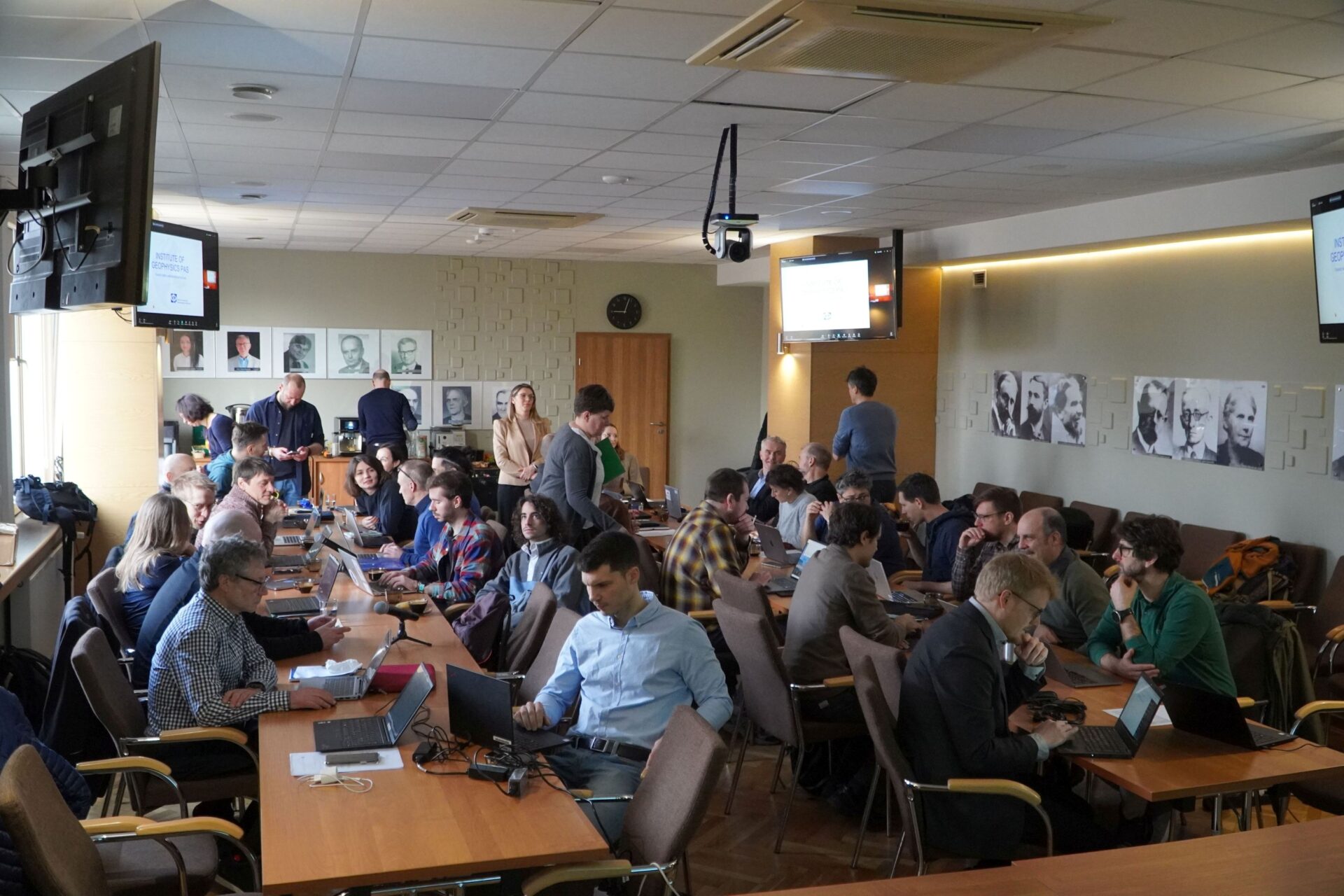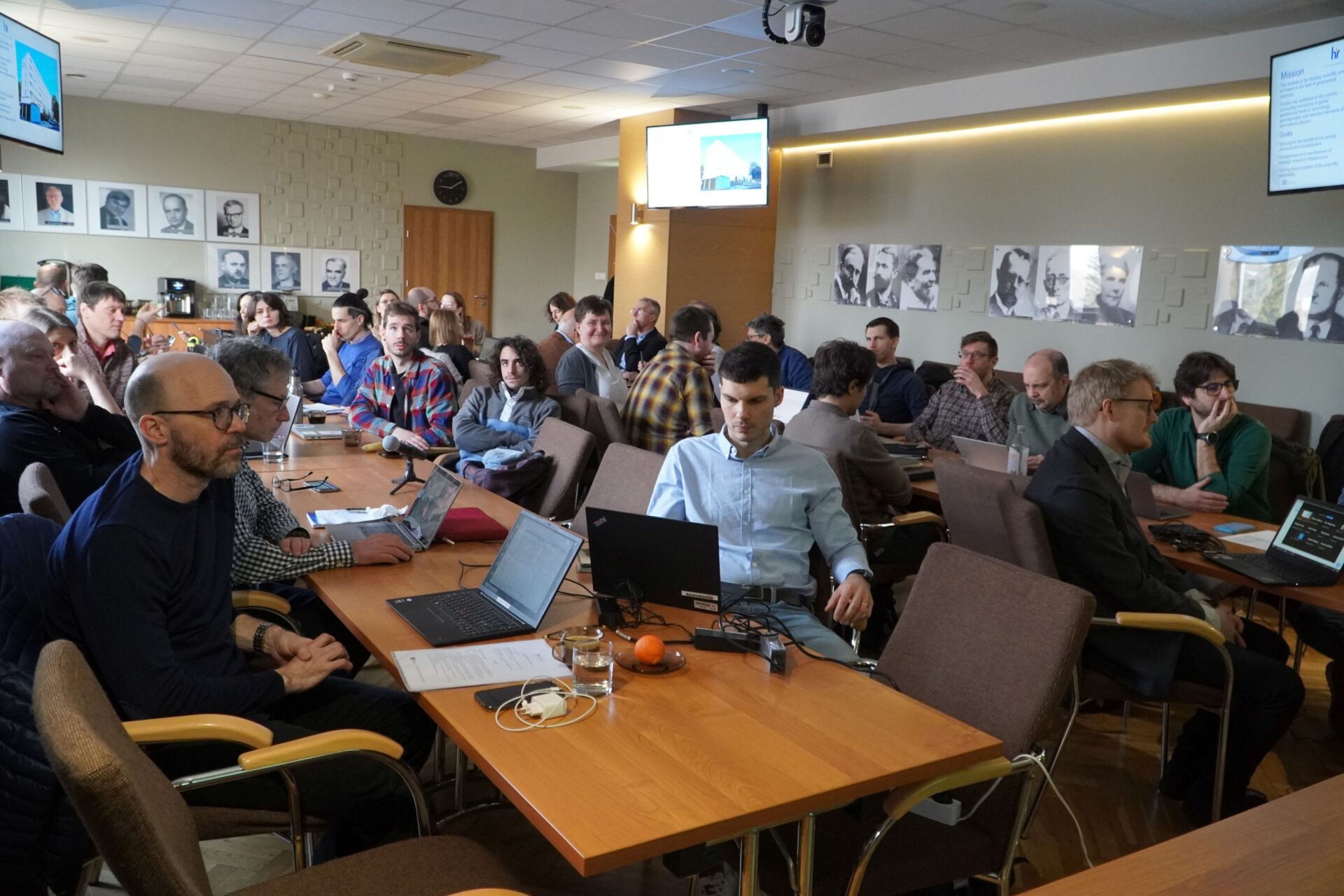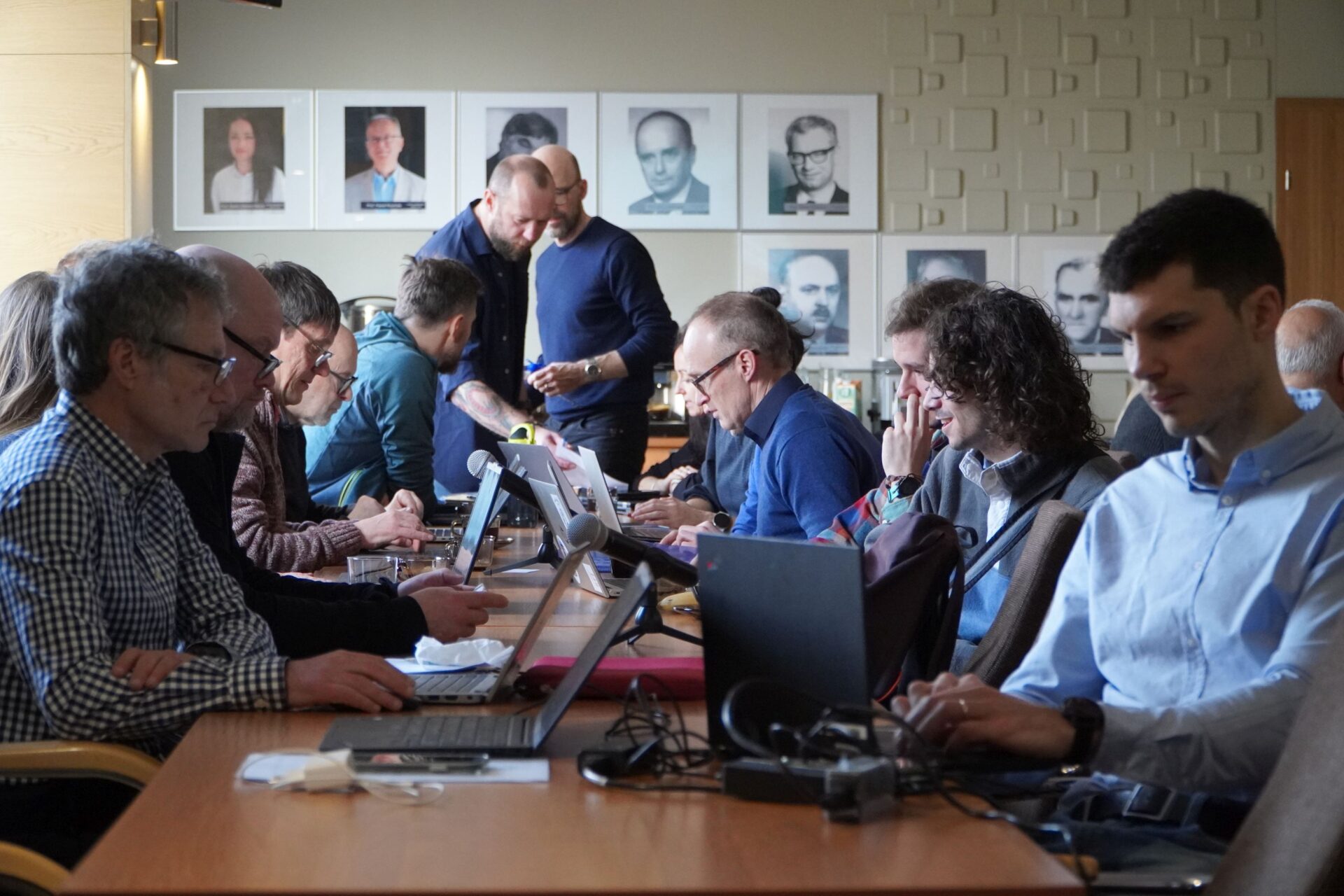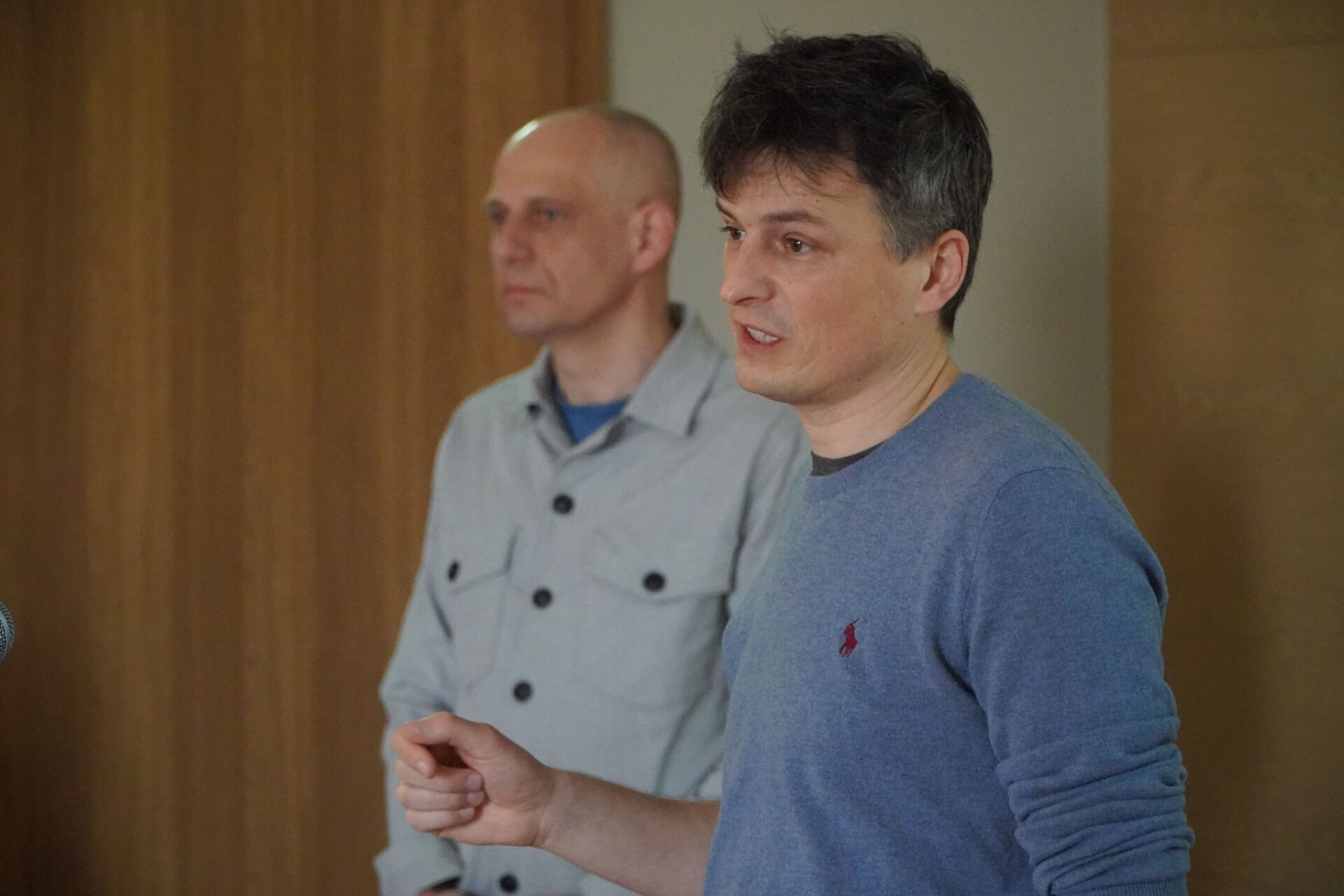The LIQUIDICE project, funded under the Horizon Europe program, officially commenced with a successful kick-off meeting held on February 26-27, 2025, at the Institute of Geophysics, Polish Academy of Sciences (IG PAS), the project’s coordinating institution. The event gathered over 50 participants (both in person and online), including representatives of the project partners and the Project Officers from the European Commission.
LIQUIDICE brings together 18 leading scientific institutions from Europe and India to employ cutting-edge technologies—from satellite observations to advanced climate models—to better predict how climate change will affect sea level rises, water resources availability hydrology, and millions of lives. The project will develop unique datasets, precise advanced climate models, and innovative tools for monitoring cryospheric changes. These results will enhance scientific understanding and provide policymakers with crucial information for climate adaptation strategies.
The project focuses on key glacial regions—so-called supersites—that are vital to both local ecosystems and global climate processes. Italy’s Monte Rosa glacier system supports hydroelectric power and winter tourism, but shrinking snow cover threatens these sectors. Norway’s Jostedalsbreen glacier supplies up to 15% of the country’s hydropower, making it essential for energy security. Greenland’s Ilulissat and Kangerlussuaq catchments reveal the global consequences of ice sheet melting, affecting water resources and sea levels. In Svalbard, permafrost degradation destabilizes infrastructure and alters hydrological conditions. The Himalayas face a critical challenge, as glacier melt and changing precipitation patterns could soon threaten drinking water access for 240 million people and up to 1.65 billion living downstream.
During the kick-off meeting, representatives from the European Commission, Karsten Godderz and Margarita Ruiz Ramos, provided an overview of project implementation guidelines, emphasizing transparency and reporting obligations. Martin Wearing from the European Space Agency (ESA) discussed the significance of satellite data in climate change monitoring and invited the consortium to collaborate on utilizing ESA resources.
Each project partner introduced their expertise in polar research and discussed their roles within the work packages. The project’s main objectives, timeline, and expected outcomes were outlined, emphasizing effective collaboration and data integration. The event also facilitated discussions on risk management, dissemination and exploitation activities as well as data management, as the project will gather large amount of in-situ and remote data. The meeting also provided an opportunity to engage with other projects selected under the HORIZON-CL5-2024-D1-01-02 call, including ICELINK and CryoSCOPE, fostering knowledge exchange and exploring potential collaboration opportunities. The event concluded with defining the next steps for the project’s implementation.
“We are extremely pleased with the outcome of the LIQUIDICE kick-off meeting. It was a highly productive event that allowed us not only to discuss the key objectives
of the project but also to strengthen collaboration among partners. Thanks to the engagement of all attendees, we have been able to clearly define the first steps in project implementation and identify the main challenges ahead. I am confident that, together, we will achieve the ambitious goals we have set for ourselves.”-
said dr. Bartłomiej Luks, Project Coordinator.




